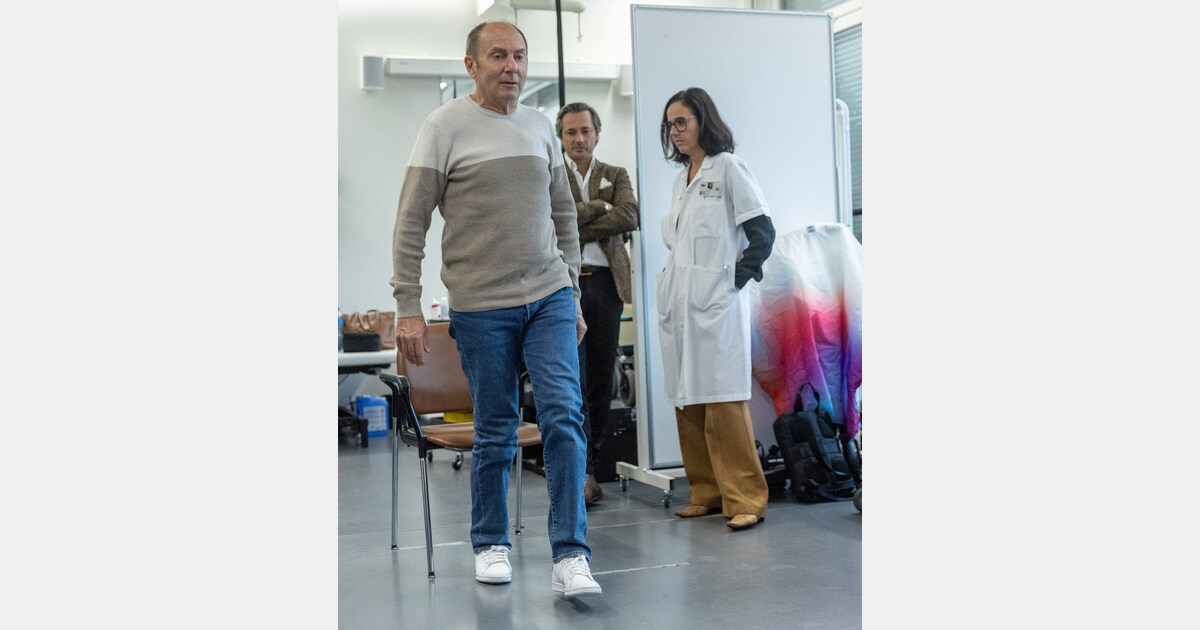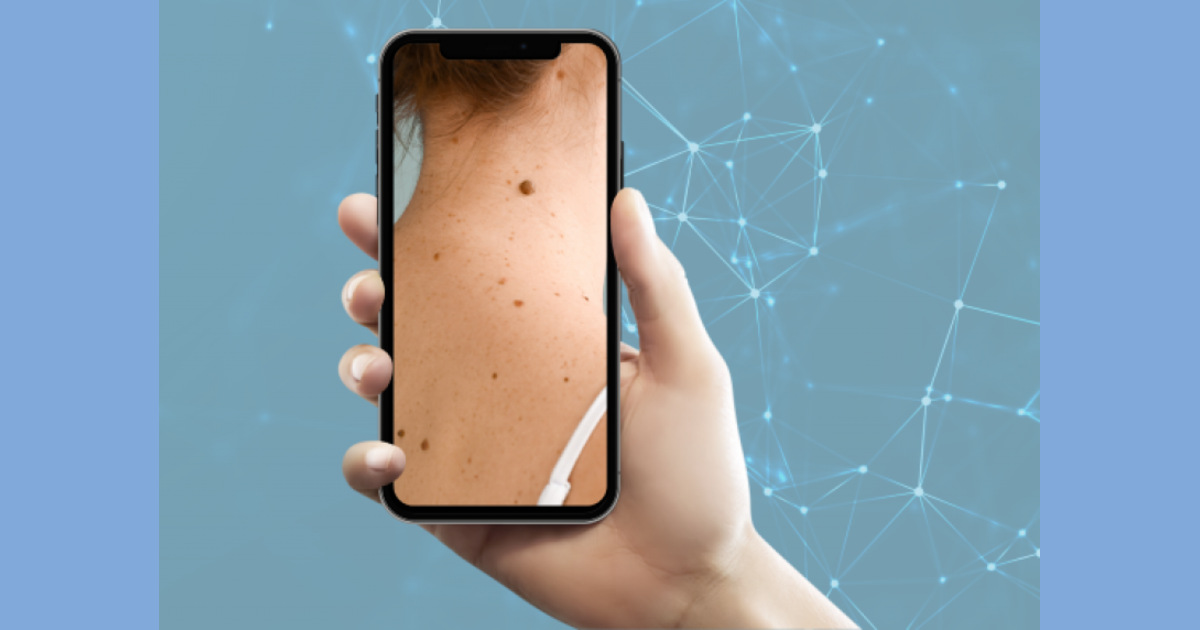Did you know screen time for babies might not be as innocent as we thought! New study dropped a bomb, hinting that letting those little ones stare at screens for too long could actually mess with their development!
According To Research, Screen Time For Babies Is Tied to Speech and Problem-Solving Delays
The research, published in JAMA Pediatrics, highlights that prolonged exposure to screens such as televisions, computers, tablets, and smartphones during early childhood could lead to setbacks and developmental delays in children like communication, problem-solving, fine-motor skills, and personal-social abilities.
Dr. Jason Nagata, an associate professor of pediatrics at the University of California, San Francisco, and not part of the study, shared his thoughts on the results.
He emphasized that passive screen time, like passive TV or video watching, might hinder the development of interactive problem-solving skills and disrupt essential interactions with caregivers, potentially impairing communication and social skills.

Read more here: 7 Tips To Help Kids Learn to Control Their Emotions
Additionally, when screentime for babies lacks interactivity or physical engagement, children might become sedentary and miss out on practicing gross motor skills.
The study involved over 7,000 Japanese children born between July 2013 and March 2017. Researchers assessed the daily screen time of these children at age 1 based on maternal reports and then evaluated their developmental progress at ages 2 and 4 using various tests.
The results indicated that children who experienced up to four hours of screen time per day by age 2 were up to three times more likely to exhibit delays in communication and problem-solving abilities.
Those spending four or more hours on screens were nearly five times more likely to show underdeveloped communication skills, twice as likely to have inadequate personal-social skills, and almost twice as likely to have subpar motor skills.
The impact of excessive screen time persisted even at age 4, with continued challenges observed in communication and problem-solving skills.
The study also noted certain trends among the mothers of children with higher screen time, such as younger age, first-time motherhood, lower income and education levels, and a higher likelihood of experiencing postpartum depression.
However, experts caution that the study has certain limitations. The reported amount of screen time relied on maternal reports, and the study did not differentiate between types of screen content, such as educational versus entertainment media.
Dr. Nagata emphasized the importance of distinguishing between different forms of screen time, noting that activities like watching educational programs or video chatting with family hold different implications compared to passive TV watching or fast-paced social media consumption.
Read more here: When to Take Your Child To A Therapist: 4 Signs of Mental Health Problems in Children
Share your thoughts if you think screen time for children is right or not!








Leave a Reply
You must be logged in to post a comment.